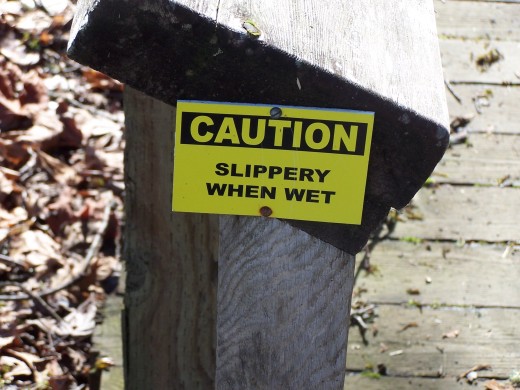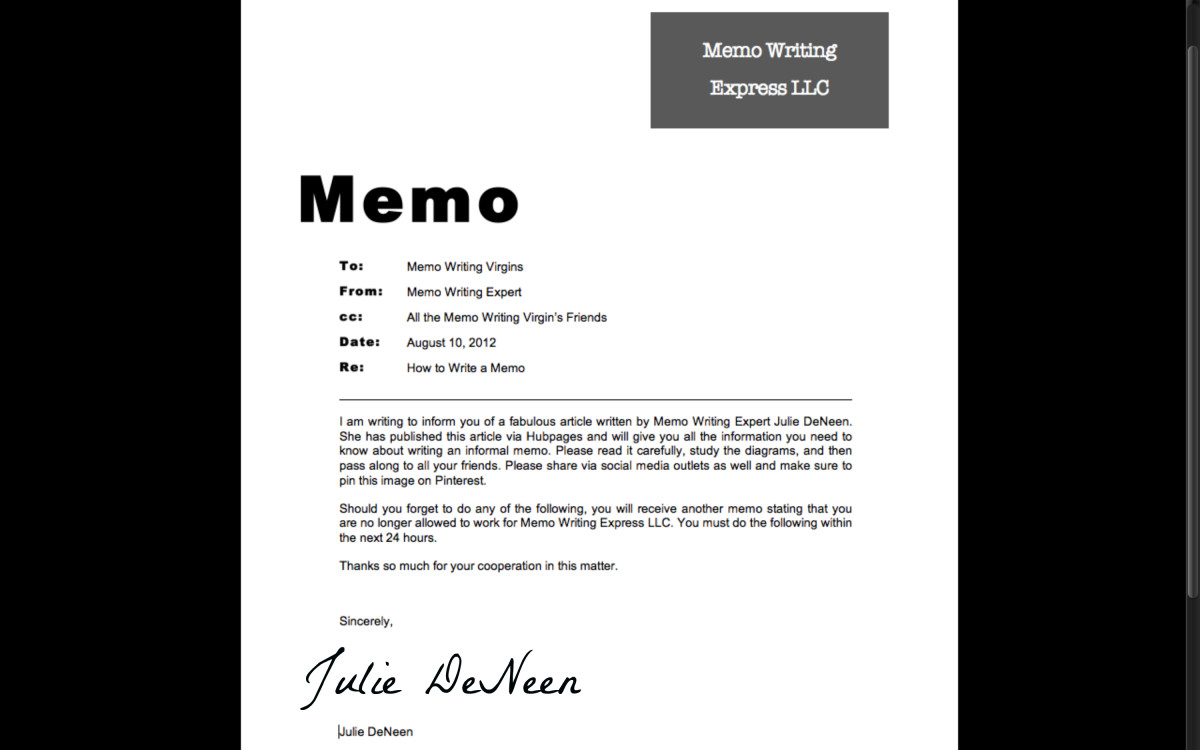The Writer's Mailbag: Installment One-Hundred and Thirty-One
Happy New Year to You All
I just felt like saying it again. Never hurts, right? I know 2016 was a tough year for many of you, so let’s at least start off 2017 with some hope.
And my hope, and wish, for you is continued love and good health. Everything else is frosting on the cake of life.
Shall we?

Ongoing Work
From Brian: “In your fiction writing, are you always working on a first draft of one work, the revising of another work, and the polishing and marketing of another work, or do you focus on one work at a time and not start something new until that work is done and submitted, posted, or self-published?”
I started to answer this question one way, Brian, but then realized my answer wasn’t going to be correct, so here’s what I actually do.
My main focus is always on my current book. I’d say 75%-90% of my time is spent writing that new novel. Having said that, if I come up with an idea for a new book, I will write the prologue for that book, or the first chapter, and then I’ll leave it alone until I can give it the attention it deserves.
The rest of my “spare time” is spent marketing, but my marketing time is separate from my writing time. I generally write from seven a.m. to about one p.m. each day. Those hours are strictly for writing. If I have marketing to do, and I always have marketing to do, I do it after the writing is done for the day.
Make sense?
POETRY EBOOK
From Rasma: “So looking forward to the New Year. I have some questions for you but on one topic - when selecting material, in my case poems, for an e-book, can they all be poems that have been published online, how many poems should be the limit and can photos be added.”
Great questions, Rasma, and easy ones to answer, for which I’m grateful.
Yes, you can publish an ebook of poems published online. It’s your choice to do so, unless you have signed something giving exclusive publishing rights to those poems to someone else….in which case you’re screwed, excuse my language.
How many poems should be the limit? I don’t think there’s a particular limit on that sort of thing. My suggestion: check out books by other poets and see if you can gauge some sort of average number from their publications. Maybe it’s twenty; maybe it’s fifty; personally I think that’s an individual thing, but you might feel better knowing others used a particular number.
Can photos be added? Of course they can. It makes formatting the ebook a bit more difficult, but just a bit. Just be aware of one thing: those photos should be black and white, or else you’ll pay more to have your book published in hard copy should you choose to do so.

How to Get Noticed
From Cyndi: “When you write, the questions never end! Questions others have usually bleed into questions I may have, for instance how to get your ebook noticed (I don't have one but some of my clients do) so your corner of the world is much appreciated. Take care.”
Cyndi, books have been written on this topic, so what I’m going to give you is a thumbnail sketch at best.
Getting an ebook noticed is like getting a particular grain of sand noticed in the Mohave Desert. I’m not trying to be funny when I say that. The ebook game is a numbers game. That’s why I believe in the philosophy passed down in the book “Write, Publish, Repeat.” The more ebooks you publish the better your chances of being noticed….but there are so many other factors. Do you want to pay Amazon to get on their select list of titles? You certainly can. Will it help? I don’t know. Are your clients willing to do the marketing necessary to get their books noticed, and I mean are they seriously willing? Are they willing to do readings and book signings? Are they willing to peddle themselves like some 19th Century snake oil salesman?
In no way am I trying to be negative, but the chances of having an ebook noticed are miniscule. That’s just the truth of it…miniscule! But then, that’s not why we write, is it?
Tell your clients good luck, and I mean that sincerely. We all need a bunch of it.
WRITING CRITIQUE GROUPS
From Linda: “I have a friend who has worked (struggled) for the past decade to write a childrens book. This is her first attempt at writing...and it shows. She doesn't have the money to take writing classes at the community college, but she clearly needs some (actually a LOT) of assistance. Are there "writing groups"? I know that there are reading groups--people who get together to critic a published author. What about groups who critic each others writing efforts. Of course she will ask "where do I find such a group"? What say you oh wise one?”
I’m laughing at the way you described her writing abilities. I know a couple like her. It’s amazing to me how the advent of ebooks has made so many people think they have what it takes to be an author. Many are called but few are chosen.
Are there critique groups? Most definitely! Have her do an online search of “writing groups” on Google and see what she comes up with. There are a ton of online critique groups she can join, but she better have a thick skin and be ready to have her work dissected with a sharp scalpel. She can also start her own critique group, but that takes a bit more effort to do so. Have her check out the local library. I’ll bet if she talks to the head librarian she’ll have a list of groups to choose from very quickly.

He Said, She Said
Also from Linda: “So, I have another question, about with regard to my friend. Writing dialogue. In past mailbags you have encouraged us to listen to how people around us talk. Make it real. I get that. But I find that my friend's dialogue is littered with "he said's, she said's, etc." Perhaps that is the end result of writing in the third person, but I find it monotonous and feel that even children will be rolling their eyes after several pages. If each character has a clear "voice", can't at least some of that be avoided, or am I being too picky? It gets complicated when there are many voices (and boy, she has a LOT of characters).”
Well, Linda, you just touched upon one of my pet peeves. Using “he said” and “she said” too often is, to me, lazy writing. A good writer is able to use the language in such a way that it is obvious who is speaking.
The first words of advice I would give is to limit the amount of people actually speaking in any given scene. I will, from time to time, have three or four characters in a scene, but I rarely have more than two of them talking in that scene. One trick I’ve learned is to let the mention of a name tell the reader who is speaking. For example, if Tom and Dick are in the scene, one line might be…”We can do this one of two ways, Dick.” That way we know that line of dialogue came from Tom. Another trick of the trade is to write a sort of introductory sentence before a line of dialogue. For example: Tom took a step towards Dick and stared him in the eye. “We can do this one of two ways.” In that example, it’s pretty obvious that Tom is the one speaking.
If a writer has done their job correctly, crutches aren’t necessary all that often.
FRIENDS EDITING FOR FRIENDS
Linda, again: “One more--can friends edit for friends? Donna wants me to edit her book. I think it could be the end of a beautiful friendship. Doesn't it really depend on the writing skill of the people involved? You, sir, are an excellent author and I consider myself pretty fair. We both self edit. Knowing that, I would be comfortable having you edit my work (and if asked I might find a misplaced comma or two in yours). But editing the work of someone who is not a skilled writer would be painful at best. Writing is such a personal thing--drastic changes are akin to lopping off a limb.”
Linda, I can’t do it. I’ve been asked before, by two good online friends, to edit their works, and the quality of those works was so poor that I knew I would crush them by editing their work. I simply told them I was too busy and couldn’t do it, and left it at that. I’m not willing to risk a friendship over an editing job. Some people might be able to do it but I can’t. I love the English language too much, and I adore quality writing, so I fear my editing would be too brutal.
Right now several people I am editing are breathing a sigh of relief, because if I’m editing their work it must mean I’m feeling good about their abilities as writers.
Join me on my writing blog
- Artistry With Words | Helping writers to spread their wings and fly
Helping writers to spread their wings and fly
And That’s It for This Week
This was a full one, thanks to some great questions. I hope you all found something here that helped you in some way.
Let’s do it again next week!
2017 William D. Holland (aka billybuc)
“Helping writers to spread their wings and fly.”











